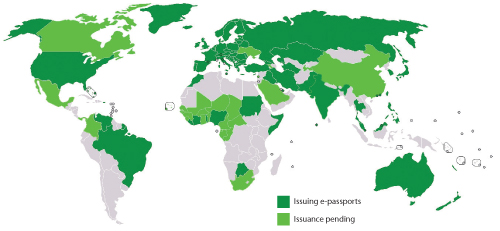Biometric technology is proving beneficial to the developing world
14 December, 2011
category: Biometrics, Government
Biometric projects and related systems are giving the lower economic class of citizens in developing countries a better chance to take part in the economic and social growth in countries such as India, according to a Slate article.
In India, the national Unique ID project that will issue unique identification numbers to all citizens attached to a biometric marker such as iris and fingerprint scan, is being touted as one that will bring real citizenship and a chance to better take part in the economy and access to formal banking to the lowest economic classes of citizens of the country.
In addition to this, however, there is another major issue that countries such as India, Nigeria, Zimbabwe and Afghanistan are increasingly looking towards biometric systems to help them tackle: ghost workers. Ghost workers are made-up employees, usually working for the public sector such as teachers or police officers, that are collecting paychecks for people who don’t work at all.
Countries are able to tackle this through registering all their public employees with biometrics and eliminating anyone not enrolled or any repeat registrants form their databases. Such programs have been implemented in at least 15 countries already with Nigeria using its system to eliminate 43,000 ghost employees with an expected additional 107,000 ghost employees to be eliminated in the police force alone.
The biometric solution is already proving to be a successful option as the past solutions to manually determine real workers from fake ones would leave the door open to bureaucrats to simply repeat the process of creating fake employees. In addition to being a be to detect repeat employees, enforcing biometrics as a requirement to get paid and to work in the first place eliminates the possibility of an employee registering twice, registering a fake person and stops them from being able to pick-up multiple payments.
In countries such as India, where the population size is staggering, reports expect the full-scale implementation of biometric systems for salaries and tax payments will yield $23 billion in savings annually for the government.
Read the full story here.


